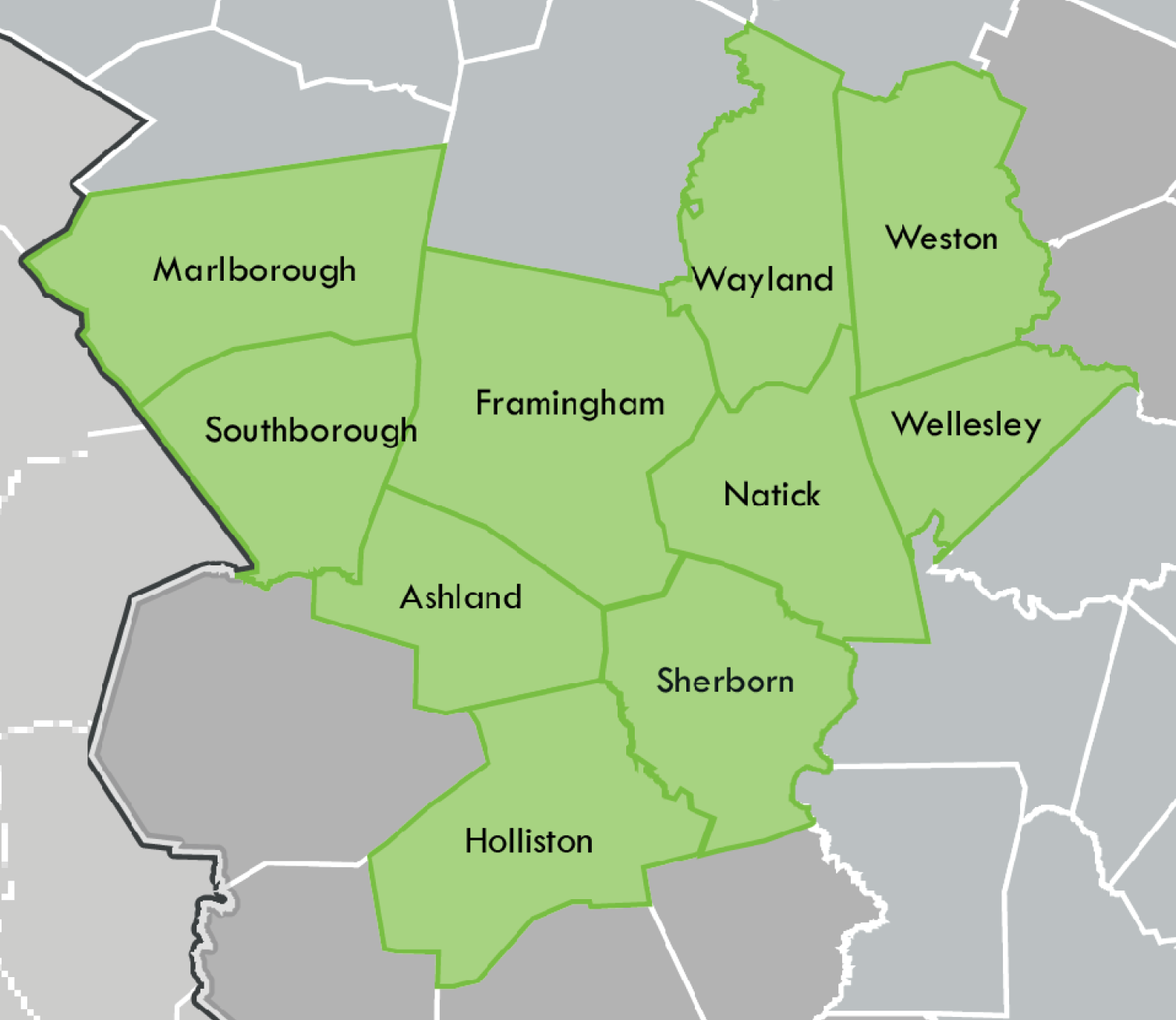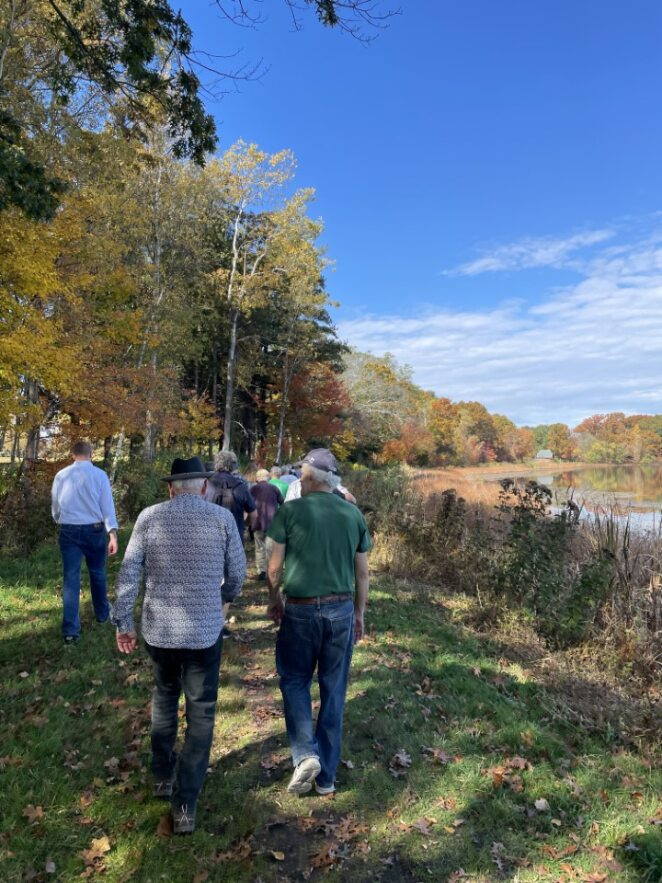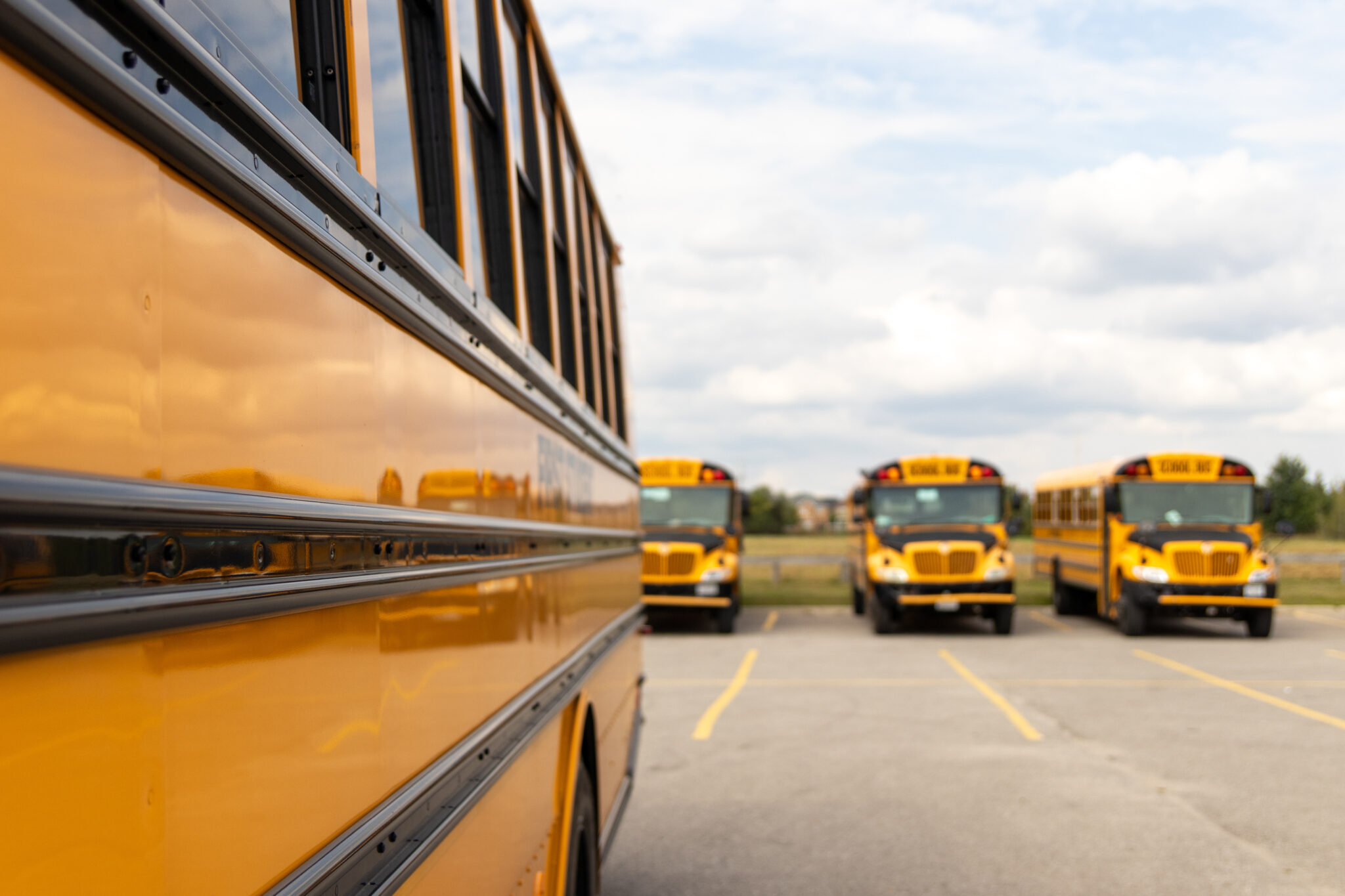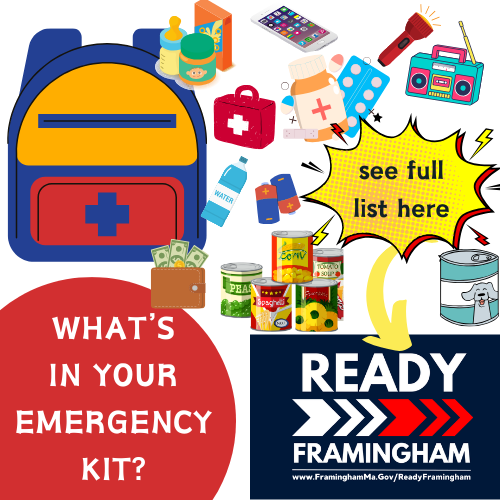
MetroWest Regional Collaborative (MWRC)
The MetroWest Regional Collaborative (MWRC) is a Greater Boston subregion of ten (10) communities: Ashland, Framingham, Holliston, Marlborough, Natick, Sherborn, Southborough, Wayland, Wellesley, and Weston, working collaboratively on regional issues.
MWRC works to coordinate the MetroWest local governments to continue to make the subregion a healthy, sustainable, equitable, safe, prosperous, and efficient place to live.
We facilitate interlocal collaboration, planning and problem solving, and advocate for locally-initiated regional solutions to policy and planning challenges.
Your Subregional Coordinators:
Camille Jonlin, [email protected]
Travis Pollack, [email protected]
MWRC Executive Board
Chair: Yolanda Greaves, Ashland Select Board
Vice Chair: Amanda Loomis, Natick Director of Community and Economic Development
Clerk: Laurie Bent, Weston Select Board
At-large Member: Kathleen Robey, Marlborough City Council
At-large Member: Rick McKenna, Framingham Economic Development Corporation and Business Outreach Manager
MWRC | About
Our Purpose
The purpose of MWRC is to:
- Provide a forum for communication and knowledge sharing between and among the MWRC municipalities about municipal planning and best practices;
- Support regional collaboration on policy and planning matters;
- Advocate for regional priorities; and
- Pursue projects of regional significance
MWRC | Meetings and Events
Meeting and Events Archive
Upcoming Meetings and Events
December 5, 2024 | Meeting
8:00 - 9:30 a.m. | Zoom Link: https://us06web.zoom.us/j/88055210512
Agenda
January 2025 | Potential In-person DEI Practices Meeting, to be determined
February 27, 2025 | Meeting
8:00 - 9:30 a.m. | Zoom* | Agenda forthcoming
March 27, 2025 | Meeting (may be replaced with in-person Spring Legislative Breakfast)
8:00 - 9:30 a.m. | Zoom* | Agenda forthcoming
April 24, 2025 | Meeting
8:00 - 9:30 a.m. | Zoom* | Agenda forthcoming
May 22, 2025 | Meeting
8:00 - 9:30 a.m. | Zoom* | Agenda forthcoming
June 26, 2025 | Meeting
8:00 - 9:30 a.m. | Zoom* | Agenda forthcoming
*Zoom details included in agendas posted, typically no later than 5 business days before the meeting.
MWRC | Communities
MWRC Subregion

Description: A map of the MWRC subregion. A gray colored map with the ten communities of the subregion - Marlborough, Southborough, Framingham, Ashland, Holliston, Sherborn, Wayland, Natick, Wellesley, and Weston in green.
Communities
MWRC | Projects

LandLine/MetroWest Trails and Greenways (ongoing project)
MAPC has been working with Collaborative communities on advancing planning, design and construction of trails and greenways since 2021, with the purpose of filling in gaps in the regional LandLine network. Recent work has focused on closing one priority trail gap in each participating municipality with an opportunity for communities to choose a new focus if necessary.
The 2023 year culminated in the trail summit in Framingham in October, where over 70 participants discussed how to prioritize trails for dense and/or environmental justice communities, with an emphasis on connecting the Bruce Freeman Trail and the Upper Charles Trail through underserved communities in and around downtown Framingham. The summit included walks and tours, including a walk around Farm Pond.
For 2024-2025, MAPC is focusing on holding sessions on scoping, planning, or implementation of priority projects, along with holding the annual MetroWest trail summit.

School Fleet Electrification (FY2024-2025)
This project is studying pathways to electrification of school transportation in each community with consideration of opportunities for funding and regional collaboration. The aim is a study that results in recommended strategies and considers financial, operational/logistical, political and equitable access implications. This report aims to position communities to be able to apply for state and federal funding.
The project addresses several community needs: reducing greenhouse gas emissions and improving air quality, reducing noise pollution in the community, diminishing racial and social disparities by providing equal access to clean and safe transportation for all students. All MWRC communities are participating along with other communities that are part of school districts in greater MetroWest.

Climate Readiness for Environmental Justice Populations (FY2024-2025)
A recommendation from the MetroWest Climate Equity Project from 2021-2022, this project offers technical assistance to create and disseminate climate readiness materials for MetroWest Environmental Justice (EJ) neighborhoods. Through the project, MAPC has facilitated workshops with the municipalities and community climate liaisons to develop communication materials and a dissemination plan. Materials are translated in Portuguese and Spanish to meet the local language needs and include items such as postcards, magnets, website pages and information about topics such as cooling/heating centers and emergency alerts. The project is being co-led by residents living in EJ communities.
Participating municipalities are Ashland, Framingham, and Natick. Staff from each of the communities have a demonstrated commitment to carrying the work forward.


